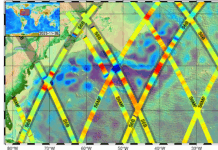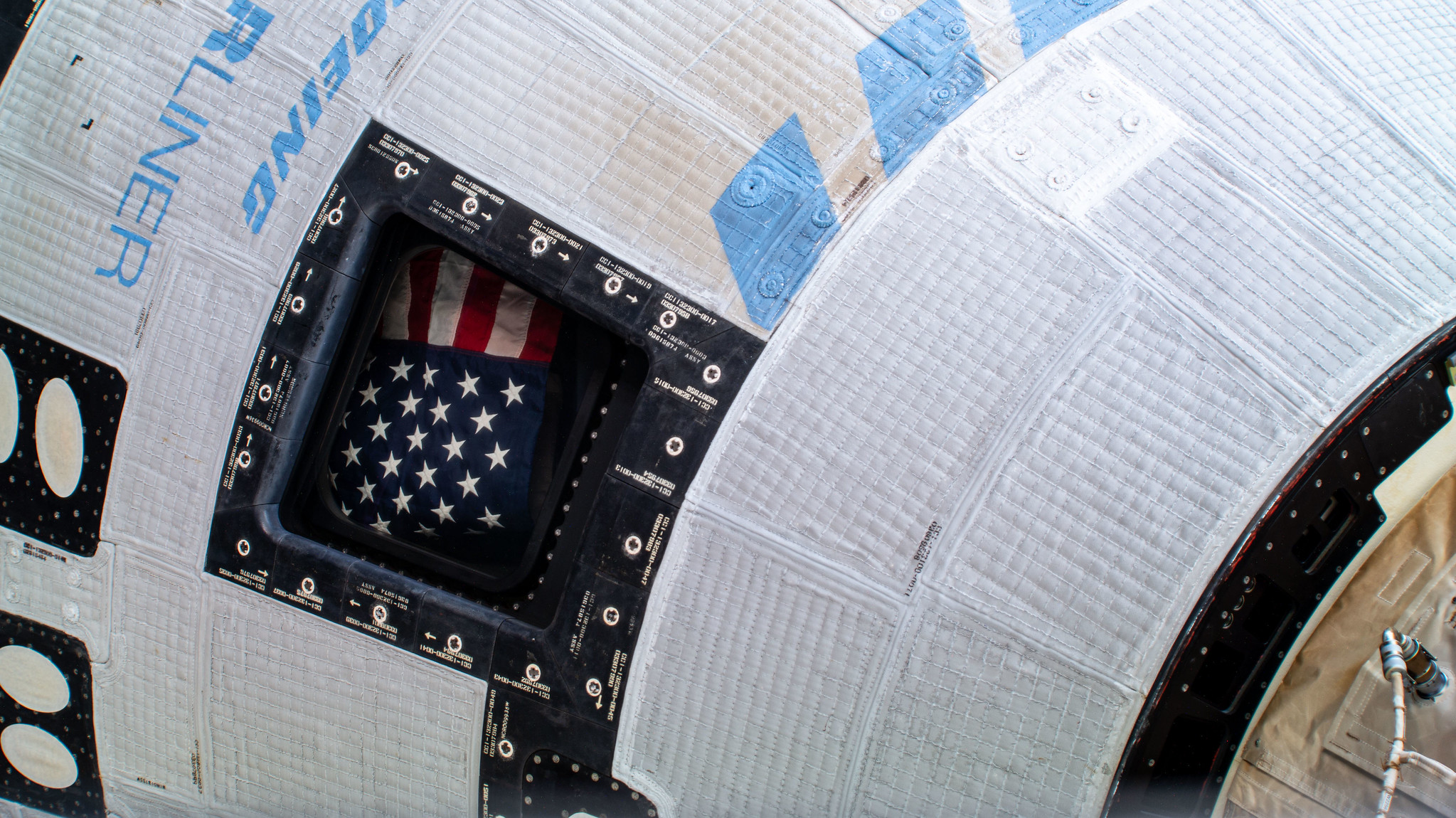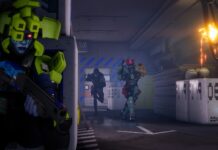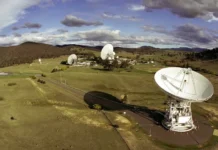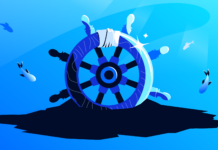—
NASA Prepares for Boeing’s Starliner Return from Space Station: Live Coverage and Key Details
NASA is gearing up to provide extensive live coverage of Boeing’s Starliner spacecraft as it prepares to depart from the International Space Station (ISS) and make its return journey to Earth. The uncrewed spacecraft is scheduled to land at White Sands Space Harbor in New Mexico, marking a significant milestone for both NASA and Boeing.
Scheduled Departure and Landing
Starliner is set to autonomously undock from the ISS at around 6:04 p.m. EDT on Friday, September 6, weather conditions permitting. The spacecraft’s landing is targeted for approximately 12:03 a.m. on Saturday, September 7, concluding a crucial flight test.
NASA will stream live coverage of the return and all related activities through multiple platforms, including NASA+, the NASA app, and the agency’s official website. This ensures that enthusiasts and the general public can stay updated on the mission’s progress. For those interested in how to access NASA’s streams, detailed instructions are available on NASA’s website.
Pre-Departure Activities and News Conference
Ahead of the Starliner’s return, NASA will host a pre-departure news conference at 12 p.m. on Wednesday, September 4. This event will be held at NASA’s Johnson Space Center in Houston and will feature key figures from NASA’s Commercial Crew and International Space Station Programs, as well as a flight director.
U.S. media representatives wishing to attend the pre-departure news conference in person must contact the NASA Johnson newsroom by 5 p.m. on Tuesday, September 3. Those preferring to join by phone must reach out to the NASA newsroom at least two hours before the conference begins.
Starliner’s Journey and Technical Challenges
NASA astronauts Butch Wilmore and Suni Williams embarked on Boeing’s Starliner spacecraft on June 5 for its maiden crewed flight. They arrived at the ISS on June 6. However, during the spacecraft’s approach to the orbiting laboratory, NASA and Boeing identified helium leaks and issues with the spacecraft’s reaction control thrusters. Reaction control thrusters are small engines used to maneuver the spacecraft.
Given these safety concerns, NASA decided on August 24 that Starliner would return to Earth without a crew. Consequently, astronauts Wilmore and Williams will remain aboard the ISS and are scheduled to return to Earth in February 2025 aboard SpaceX’s Dragon spacecraft, alongside two other crew members from NASA’s SpaceX Crew-9 mission.
Comprehensive Live Coverage Schedule
NASA has planned an extensive schedule of live coverage for the Starliner’s return, which is subject to change based on real-time operations:
- Wednesday, September 4
- 12 p.m.: Starliner pre-departure news conference from NASA’s Johnson Space Center. The event will be broadcast on NASA+, the NASA app, YouTube, and NASA’s website.
- Friday, September 6
- 5:45 p.m.: Undocking coverage begins on NASA+, the NASA app, YouTube, and NASA’s website.
- 6:04 p.m.: Starliner undocks from the ISS.
- 10:50 p.m.: Coverage resumes for the deorbit burn, entry, and landing on NASA+, the NASA app, YouTube, and NASA’s website.
- Saturday, September 7
- 12:03 a.m.: Targeted landing of Starliner.
- 1:30 a.m.: Post-landing news conference featuring:
- Joel Montalbano, Deputy Associate Administrator, Space Operations Mission Directorate at NASA Headquarters in Washington.
- Steve Stich, Manager, Commercial Crew Program, NASA Kennedy Space Center in Florida.
- Dana Weigel, Manager, International Space Station, NASA Johnson.
- John Shannon, Vice President, Boeing Exploration Systems.
- Mark Nappi, Vice President and Program Manager, Boeing Commercial Crew Program.
Coverage of the post-landing news conference will also be available on NASA+, the NASA app, YouTube, and NASA’s website.
U.S. media wishing to attend the post-landing news conference in person must contact the NASA Johnson newsroom by 12 p.m. on September 6. To join via phone, the media must contact the newsroom no later than one hour before the event starts.
Additional Information and Resources
For full mission coverage, insights from NASA’s commercial crew blog, and more details about this mission, visit NASA’s official Commercial Crew Program page.
Context and Reactions
The Boeing Starliner mission is part of NASA’s Commercial Crew Program, which aims to develop safe, reliable, and cost-effective space transportation to and from the ISS. This initiative is crucial for maintaining the United States’ presence in low Earth orbit and for fostering commercial spaceflight capabilities.
The identification of technical issues during this mission highlights the inherent challenges of space exploration. It also underscores the importance of rigorous testing and safety protocols, ensuring that both crewed and uncrewed missions can achieve their objectives without compromising astronaut safety.
The collaboration between NASA and Boeing represents a significant step in the evolution of space travel, as private companies play increasingly critical roles in expanding human presence in space. The resolution of any technical issues and the successful return of the Starliner will be pivotal for future missions and for Boeing’s role in the commercial space industry.
Conclusion
NASA’s comprehensive coverage of Boeing’s Starliner return from the ISS promises to be an informative and engaging event for space enthusiasts and the general public alike. By providing detailed insights and real-time updates, NASA continues to foster transparency and public interest in space exploration.
For those eager to follow the mission, ensure you tune into NASA’s live streams and stay informed about the latest developments. The success of such missions not only advances our understanding of space but also paves the way for future innovations in space travel and exploration.
For any further inquiries, feel free to contact the respective NASA representatives:
- Joshua Finch / Jimi Russell: Headquarters, Washington – joshua.a.finch@nasa.gov / james.j.russell@nasa.gov
- Leah Cheshier: Johnson Space Center, Houston – leah.d.cheshier@nasa.gov
Steve Siceloff: Kennedy Space Center, Florida – steven.p.sieceloff@nasa.gov
Stay tuned and join the global audience in witnessing this significant milestone in space exploration.
For more Information, Refer to this article.


















